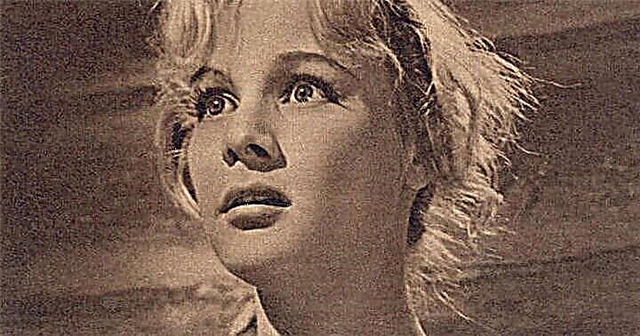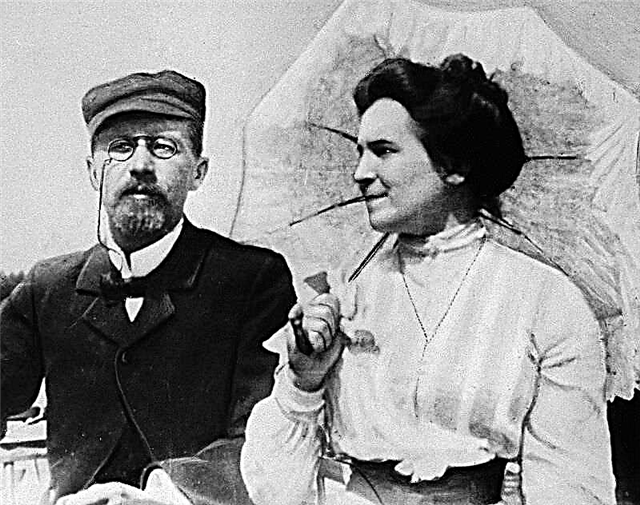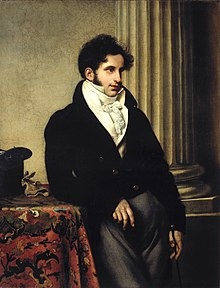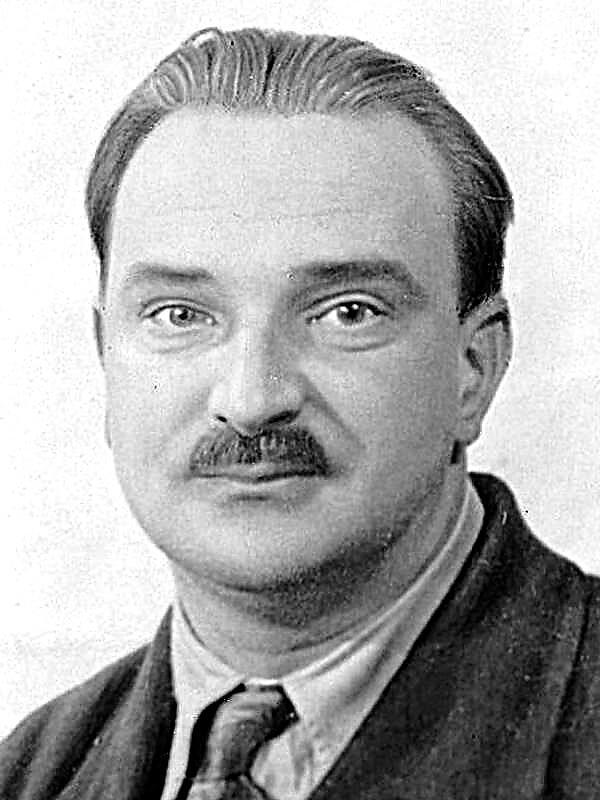Everyone is used to the fact that the main themes of the lyrics are nature, love and the Motherland. However, if we turn to Tyutchev’s poetry, we will find many philosophical poems. His creations are imbued with intense thought and a keen sense of tragedy, which is why he became famous as a philosopher poet. We have selected seven poems that most clearly reveal the poet's plan in his profound works:
- «Silentium! " (Silence). Of course, a poem with a title in Latin will be the first in our collection. In only three verses of iamba, the poet was able to express not only the value of silence, but also how often a person may not be understood by others. That is why Tyutchev urges us to learn to "live in ourselves," because each of us has "a whole world in his soul." Feelings and dreams are better to admire, "like the stars in the night", and any of us runs the risk of stunning our world, opening up to other people. Tyutchev’s man is alone, but the main thing for the author is that he should not be empty. Here is a detailed analysis of this work. Read the poem itself ...
- "The kite has risen from the clearing." In this poem, the lyrical hero compares himself with a kite that flies over the horizon. Man is the “king of the earth”, he does not have wings, thanks to which he would rise to the sky. At first it may seem that the work is filled with the spirit of freedom, but then it becomes clear what the poet wants to convey: unlike nature, man is not eternal. In his lyrics, Tyutchev can express his worldview by speaking about the general laws of nature, and this little poem vividly complements the philosophical compilation of the author. Read the poem itself ...
- "Not that you think nature." This is not an ordinary poem about nature, in which the poet describes the landscape and expresses his admiration. Tyutchev’s nature is not only picturesque, but also animated: she lives and feels. But, unfortunately, not everyone is able to understand her language. The author even sympathizes with such people with a materialistic point of view, saying that their souls may even “not alarm the mother’s voice itself! ..”. But nature is able to fascinate with its transitional states. Starry night, sea waves, forests, rivers and thunderstorms - the soul and freedom of nature are hidden in everything. Read the poem itself ...
- "There is buoyancy in the sea waves." This Tyutchev’s poem can be conditionally divided into two parts: in the first, the author talks about nature and harmony in it, but from the lines “Only in our phantom freedom we are aware of the discord with it,” we will talk about man. The poet asks a deep question about the reason for the discord, but the reader must find the answer already outside the poem. If in the works of sentimentalism nature reflects the emotions of a person, his feelings and condition, then in Tyutchev man and nature are not so interconnected. A man is a “thinking reed” who is able to appreciate the complexity of reality, and nature is a wonderful eternal scenery for a lyrical hero. Read the poem itself ...
- "We cannot predict." In order to express their own experiences, Tyutchev lacks even quatrains. Indeed, we can never know for sure what lies ahead and how a particular word will affect others. Man is not omnipotent; he lives in a contradictory world where nothing can be predicted. Read the poem itself ...
- Nature is the sphinx. We believe that the sphinx is known to readers, but why a poet identifies a mythical creature with nature is at first almost the same mystery ascribed to a monster. Tyutchev deduces an interesting idea that nature “artfully destroys man”, because people, unlike the world around them, are not eternal. Sometimes it can be difficult for us to grasp the meaning of a huge novel, but Tyutchev with his philosophical lyrics is able to draw our attention even to a small poem. Read the poem itself ...
- "No matter how difficult the last hour." Many people fear death. This is a natural phenomenon, a person is scared to imagine what his last hour will be. However, the poet in this poem tries to convey to the reader that death is terrible not in its guise, as such. The worst thing is to “watch how all the best memories die out”. Through his work, Tyutchev proves that the soul is much more important than the body, so a person dies when his inner world becomes empty. Read the poem itself ...












